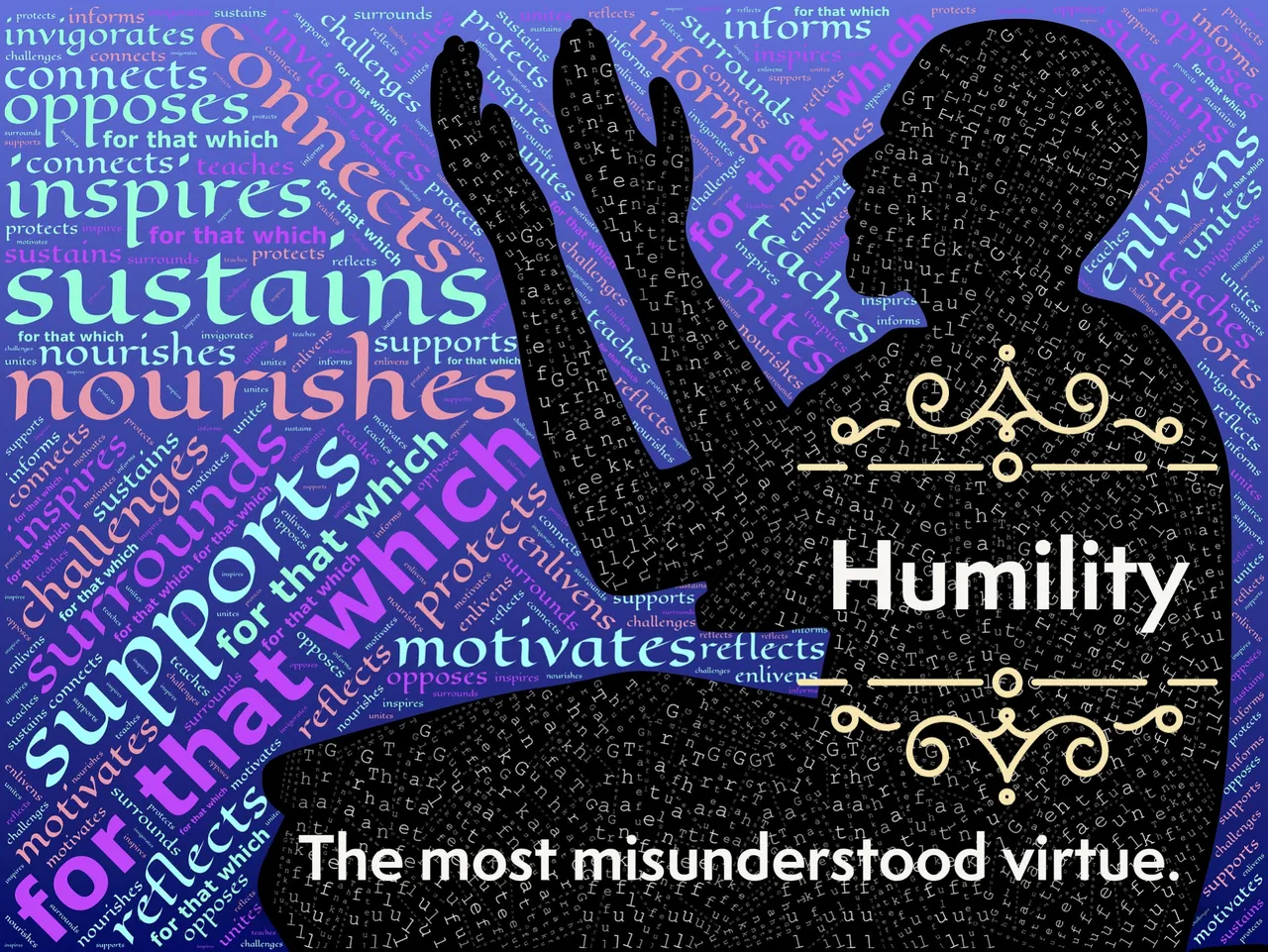
I recently took on a new role at work. It’s a managing position that comes with bag of new responsibilities. I’ve been an independent contributor my entire working life. So, I am feeling less than confident about my new position. However, as things often go, when I’m feeling sorry for myself, what I need to see, hear, or read spontaneously appears. In this case it was an article on the Dunning-Kruger effect that appeared in my feed.
Watch this short video if you don’t know what the Dunning-Kruger effect is.
Learning about the effect made me feel better about my situation. Lacking confidence was a result of me looking at my situation realistically. I don’t have any previous experience to fall back on. So, it is completely normal to feel a little uncertain. The fact that I am not overestimating my abilities means my chances of success are actually greater.
This experience made me realize how little we appreciate the virtue of humility. In the West…cough…ahem…the United States, the Dunning-Kruger effect is rampant. Parents, teachers, and institutions are so worried about damaging the self-esteem of children, that we’re raising adults who radically overestimate their own abilities. The residual effects of this on Western society are enormous.
Interestingly, I am writing this when the U.S. Olympic teams are facing their toughest competition in decades.
As a society, we place too much value in confidence, and too little in humility, without understanding either of them.
We see this in the type of celebrities worshiped by the masses. We’re living in a day and age where narcissism is not only valued, it’s celebrated. Celebrities and politicians who stir emotions with their demented, overbearing personalities get tons of attention. They accumulate fans and followers because the masses don’t understand the value of humility, nor can they identify real confidence.
Having real confidence does not mean you believe you will get through life without challenges. It means you believe in your ability to overcome any challenge placed in front of you. Having humility doesn’t mean you’re a doormat. Neither does it mean never accepting a compliment…I hate false humility. The cornerstone of both confidence and humility is competence. Competence breeds confidence and it gives birth to humility. One can’t help but feel confident when you have the tools to fix your problems. However, the more knowledge one possesses, the more one knows there’s always more to learn. That's real humility.
It was Aristotle who said, “The more you know, the more you don’t know.”
A society that places value on competence will last for eons. But a society that places value on never admitting one’s ignorance, is doomed for the dustbin of history.
The wisdom behind this universal truth is ancient.
"A prudent man conceals knowledge, but the heart of fools proclaims folly” - Proverbs 12:23
“A fool who recognizes his own ignorance is thereby in fact a wise man, but a fool who considers himself wise – that is what one really calls a fool” - Gautama Buddha
“Real knowledge is to know the extent of one’s ignorance” – Confucius
“Admitting one’s ignorance is the first step in acquiring knowledge.” – Socrates
Let’s read and ponder the wisdom of Socrates on this matter…
“Most people, including ourselves, live in a world of relative ignorance. We are even comfortable with that ignorance, because it is all we know. When we first start facing truth, the process may be frightening, and many people run back to their old lives. But if you continue to seek truth, you will eventually be able to handle it better. In fact, you want more! It's true that many people around you now may think you are weird or even a danger to society, but you don't care. Once you've tasted the truth, you won't ever want to go back to being ignorant.”

